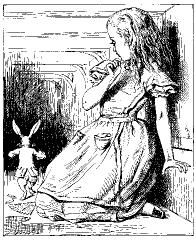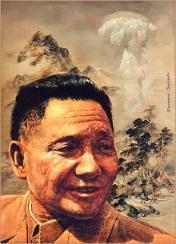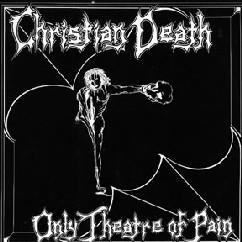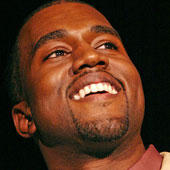I saw “Lord of War” (2005), last Sunday and it may be one of the best pictures of the year. It would be hard to watch this and not be moved by its imagery and message. Yuri Orlov, (Nicolas Cage) is a Russian immigrant who decided, early in the film, there is big money in selling arms to real armies fighting real wars. He is clever, slick and had managed not to directly confront the morality of his work as he is being chased by an Interpol agent, Jack Valentine, played (Ethan Hawke).
Orlov sells guns to just about anyone, from just about any source. He looks on detached as some children are lined up against a wall in Lebanon and shot by a firing squad.
“This is not our war,” he tells his brother (played by Jared Leto), who also sees this but finds it hard to ignore.
Orlov soon finds that Africa is the place to do business. The Western powers are so wrapped up in the Balkan situation they don’t notice the brutal civil wars going on in Africa. He soon finds himself dealing with Andre Baptiste Sr. (Eamonn Walker), a fictional president of Liberia. Baptiste seems patterned after the real president of that time period Charles Taylor. As with the movie, in real life, rival military gangs threatened to spill over into other neighboring countries, leading to brutal senseless civil war.
Orlov finds himself in an uneasy alliance with Baptiste, a man so ruthless he test a pistol on one of his own soldiers, killing a young teenager. Interpol agent Valentine is one of the few people in the film to show any concern over the blatant murder and waste of human life caused by the gun trade.
The movie makes the point that the largest arms dealers are countries that all sit on the Security Council of the United Nations and that small-times arms dealers, such as Orlov, are just as easily seen as being more useful than a threat.
A scene toward the end shows an army using their fresh arms to wipe out a village, men, women and children. Orlov can only stand in amazement at the evil perpetrated by such people, including himself.
Some background on Africa:
Orlov points out that the AK-47 is such a popular weapon that it appears on the Mozambique flag.

The modern flag of Mozambique
 Original flag of Mozambique independence
Original flag of Mozambique independence
But Early in the 1970s, revolutionary leaders such as Somora Machel of the Front for the Liberation of Mozambique (Frente de Libertação de Mozambique--FRELIMO), President Dos Santos, of Angola, President Robert Mugabe and his ruling Zanu Party, of Zimbabwe and Kwame Nkrumah (1909-1972) the leader of Ghana, all held out hope of building a new Africa, independent, ending poverty and intertribal violence.
Since the fall of the Soviet Union, such ideological hopes have faded and given way to brutal war lords, who use armed thugs to hoard what few resources Africa has to offer. Tribal violence is epidemic, as the movie Hotel Rwanda (2004) also shows. Liberia has been a special problem with armed factions still fighting for power today. There is no evidence that any of the new factions will rule with any more civility than Taylor, or his even more brutal predecessor, Samuel K. Doe.
This may be one of the best movies of the year and a real eye opener.


























